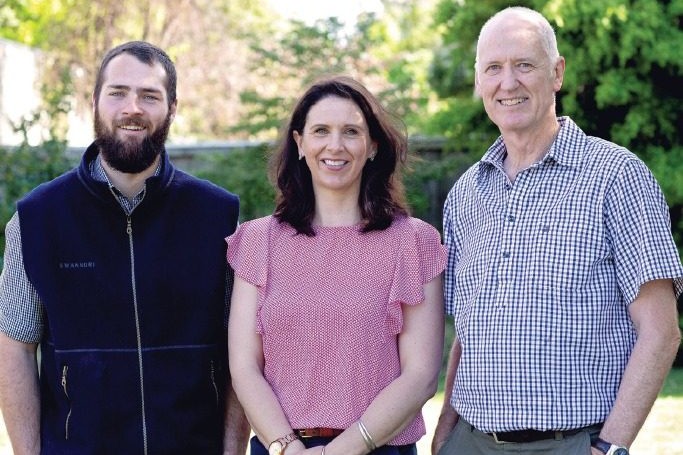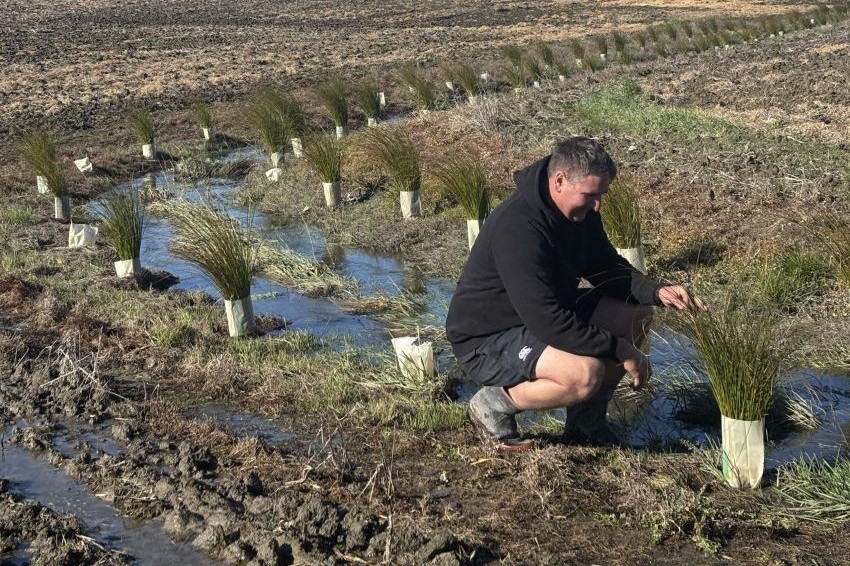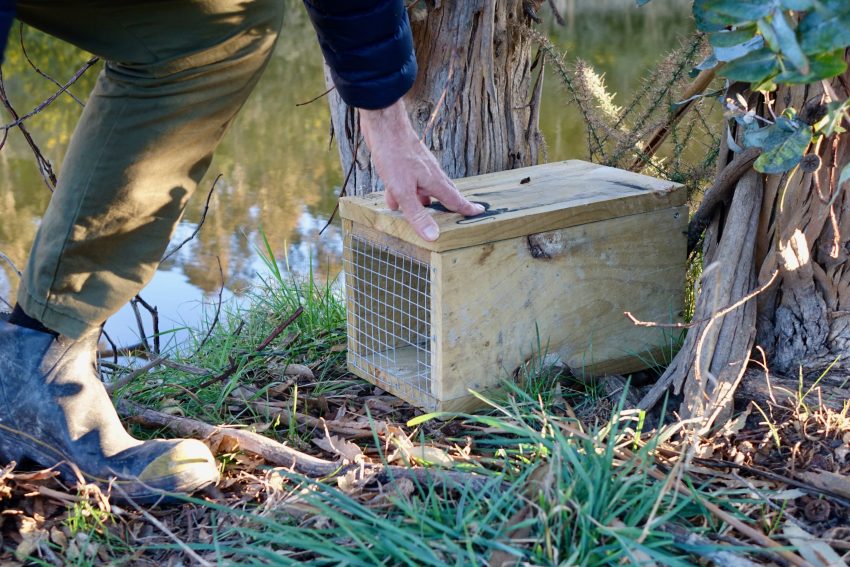Farmers supported
A North Canterbury farmer-initiated land care group is employing advisors to work one-on-one with farmers. Sandra Taylor reports.

A North Canterbury farmer-initiated land care group is employing advisors to work one-on-one with farmers. Sandra Taylor reports.
Three catchment farm advisors will help formalise farmers’ environmental management in a North Canterbury land care group to work one-on-one with them to front-foot environment regulations.
Initially set-up in 2017 as an advocacy group for dryland farmers, the Hurunui District Landcare Group (HDLG) is a farmer-led collective which has grown and morphed since its establishment. It now has 200 farmer members (not all dryland) who manage over 140,000 hectares in the Hurunui district.
The role the group plays has also expanded, and as well as acting as an advocate for farmers around environmental regulation, HDLG now, through the advisors, provides a full range of support services for its members.
It is a new model and last year HDLG received funding from MPI through the productive and sustainable land use package to employ the three advisors to work one-on-one with farmers to help draw up Farm Plans, put together nutrient budgets and farm maps.
They will also carry out site assessment for planting projects, help with funding applications and support catchment groups or groups of farmers working together toward similar goals.
HDLG project manager Josh Brown says this service is unique in this country, as for the cost of an annual membership ($200), members get this one-on-one support which is proving hugely successful.
The advisors – Rebecca Hyde, John Holmes and Harry Millar – are all from a farming background and are completely independent of any regulatory entities.
Born and raised in North Canterbury with a background in farm environmental management, Rebecca Hyde is ideally qualified for the job. She sees her role as being there to serve farmers and see where the opportunities lie to protect, enhance and better utilise their natural resources.
“We are a fresh set of eyes”, she says, “and we’re on their side.”
Building confidence
She says a core objective for the three CFAs is to build confidence amongst farmers in their ability to understand and meet current and future environmental regulatory requirements while protecting and utilizing the natural resources that underpin their land-based businesses.
She acknowledges that many farmers are understandably unsure of what they need to know and what is required of them when it comes to environmental regulations, stepping them through these is part of their role.
“We’ve removed that barrier of having to engage a consultant or go to a meeting and ask questions as many farmers are even unsure of what questions they need to be asking.”
As well as helping farmers understand their regulatory requirements, Rebecca says an important part of their job is to point out opportunities for change and to support them through the change process if that is what they choose to do.
“We are not there to take accountability of ownership away from farmers, but we are there to support them.”
She says trust is critical and she says as advisors, they have to earn farmer trust.
“The farmers we have engaged with already have been really positive and really grateful they have the opportunity to increase their knowledge and put an environmental management plan in place.”
Chair of HDLG, Cheviot sheep and beef farmer Ben Ensor, says the three catchment farm advisors are there to help farmers with the incredible amount of change facing them.
“A lot of the farmers our group represents haven’t had much to do with regulation and farm plans because their farm systems are low impact.
In Canterbury, the focus has been on intensive farming and irrigation, but this is changing, and it is weighing on a lot of people’s minds, says Ben.
“Our farmers need someone to talk to that is not the regulator who will help tailor a farm plan specifically for their farm’s environmental risks.”
The CFAs will support farmers as they take the first steps toward putting a farm plan together and meet – and where possible front-foot – freshwater and biodiversity regulatory requirements.
“We hope that by doing this work now, when the Freshwater Farm Plan module regulations are introduced the farms in our district will be in good shape to meet them.”
- Pictured: Hurunui Landcare Group’s three catchment farm advisors, from left Harry Millar, Rebecca Hyde and John Holmes.




